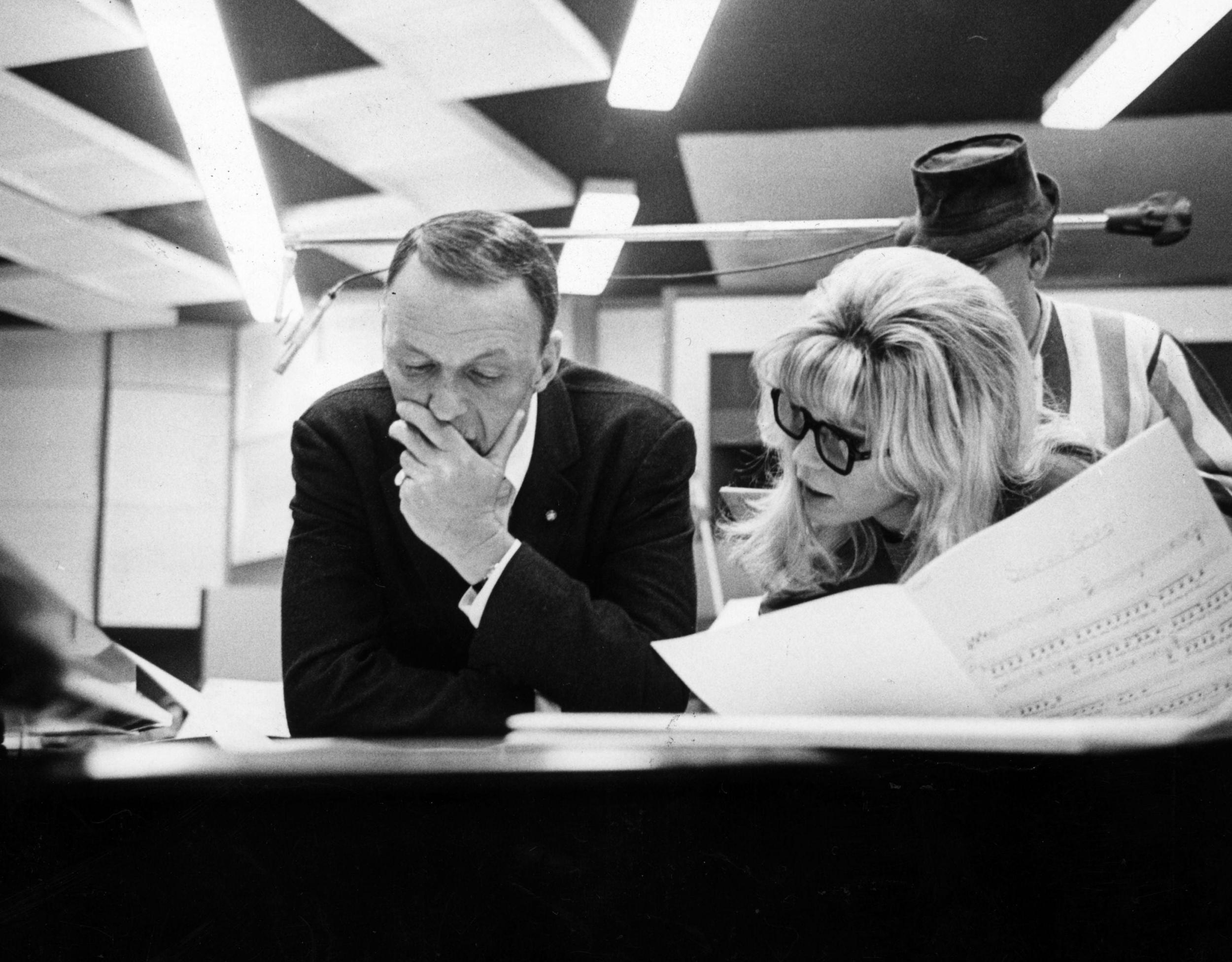Mea Culpa: new usage peaking too early
Questions of style and language in last week’s Independent, adjudged by John Rentoul


The headline on our revolting story about Mount Everest used “summit” as a verb: “Everest climbers told to bring poo bags to summit ‘stinking’ mountain.” I was confused, because it read to me as if a word had been left out, and it meant to say “summit of”.
But the article itself said that “climbers will now be obliged to bring their excreta back to base camp in poo bags after summiting the world’s tallest mountain”, so the headline was simply repeating that usage.
I realise that climbers use “to summit” as a verb, but I don’t think that this sense of the word has become widespread enough to avoid ambiguity. We should try to avoid jargon. In plain English, people climb mountains rather than “summit” them.
I am bracing myself for the Olympics, in which athletes will medal and podium, but sufficient unto the day is the evil thereof.
Food news: Talking of geological jargon, the word “epicentre” is well advanced on its journey from the technical meaning – the point on the Earth’s surface directly above the focus of an earthquake – to a colloquial meaning of “the very centre” or “the top spot”. In an article about “why Michelin is going cold on the London foodie scene”, we asked whether chefs are being “forced out of London’s expensive epicentre”.
Thanks to Richard Hanson-James, who congratulated us on the conventional (that is, French) spelling of restaurateurs, and on “the incisiveness of a well-researched piece”, but who thinks it worth preserving “epicentre” for its original meaning. Perhaps our writer thought it meant epicurean centre.
That article also said: “The criteria is…”. That should have been “criterion”, the singular of which “criteria” is the plural.
Silver medal: In the editorial on Tuesday we said that a survey found that “89 per cent of people cited the health service as the second most critical issue facing the country, behind only the cost of living (93 per cent)”. Thanks to Roger Thetford for pointing out that 89 per cent of people said the NHS was one of the most critical issues facing the country – respondents were asked to name the three most critical – making it the second most mentioned issue. We deleted the word “second”, as it was obvious from the rest of the sentence where it ranked in the league table of most critical issues.
Dog day: In the story about the neglected Russian terrier with a matted coat on Thursday, we quoted Tina Nash, an RSPCA inspector, as saying the smell of the dog when she found him made her “want to wretch”. Thanks to Paul Edwards for reminding us that “wretch” is a noun meaning a vile person that comes from Old English wrecca, a stranger or a banished person, and that we meant “retch”, a verb meaning trying to vomit, from a different Old English word hræcan, to cough up or spit.
Most best: In an opinion article about the Democrats’ doubts about Joe Biden, we said that there are no easy alternatives: “Kamala Harris is unpopular, and there is no young tyro waiting in the wings. There are only least worst options.” The worst option is the most bad; there cannot be degrees of worstness. And the least bad option is the best of the bad options, so there cannot be more than one of them. We meant “there are only less bad options”.



Join our commenting forum
Join thought-provoking conversations, follow other Independent readers and see their replies
Comments